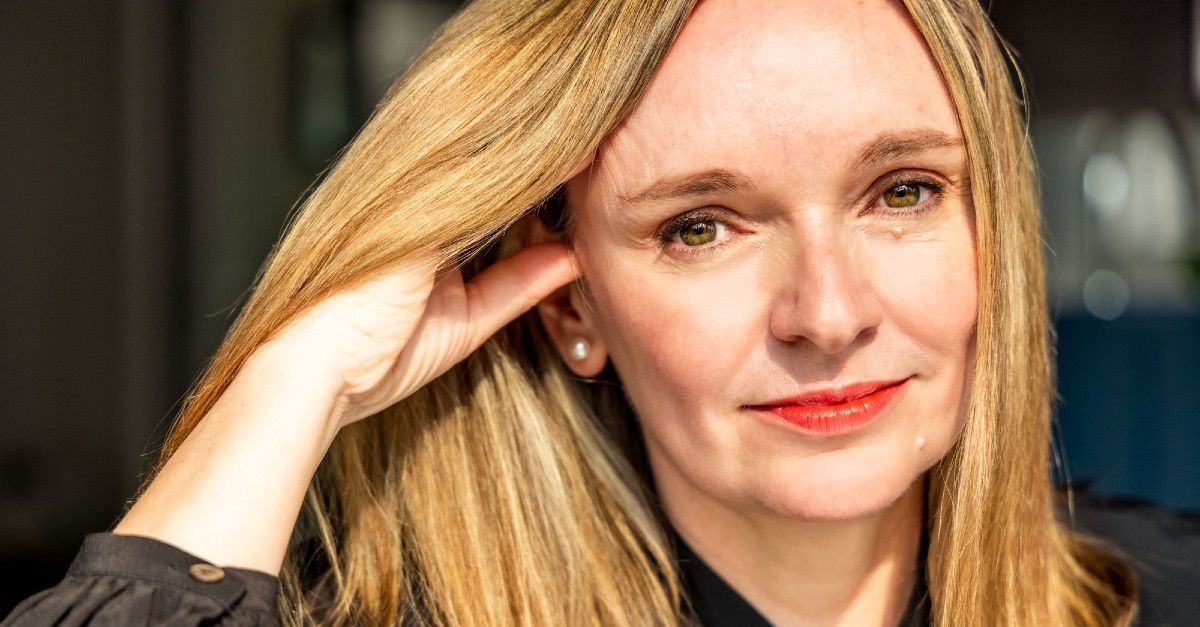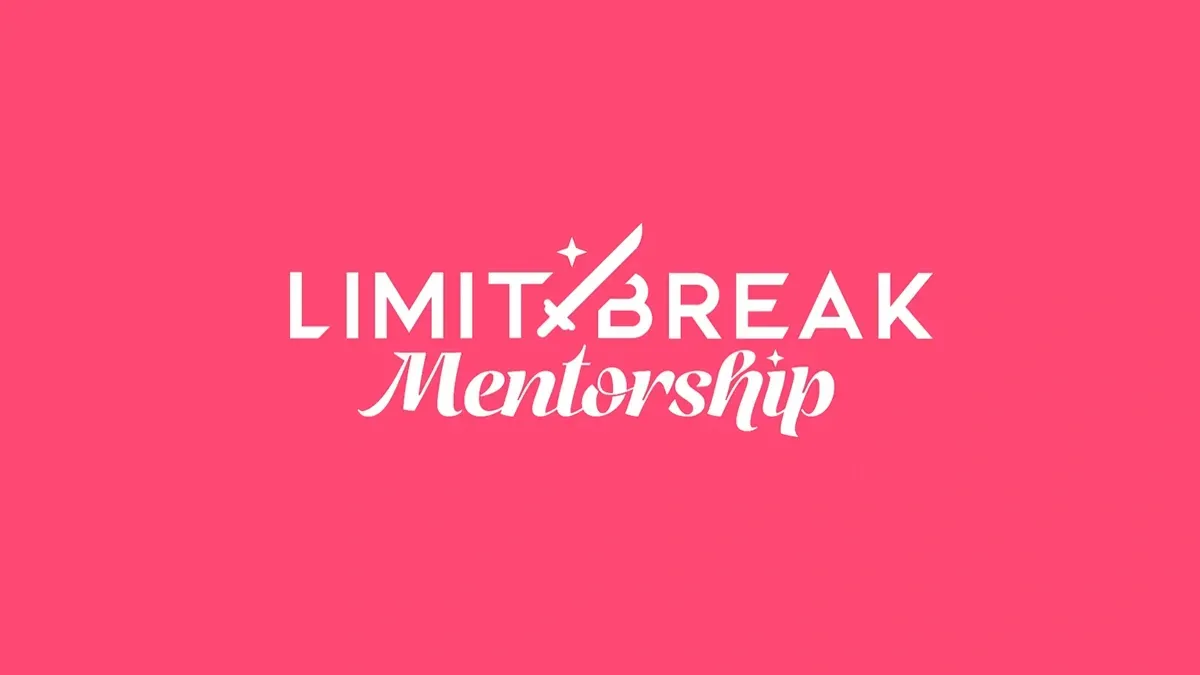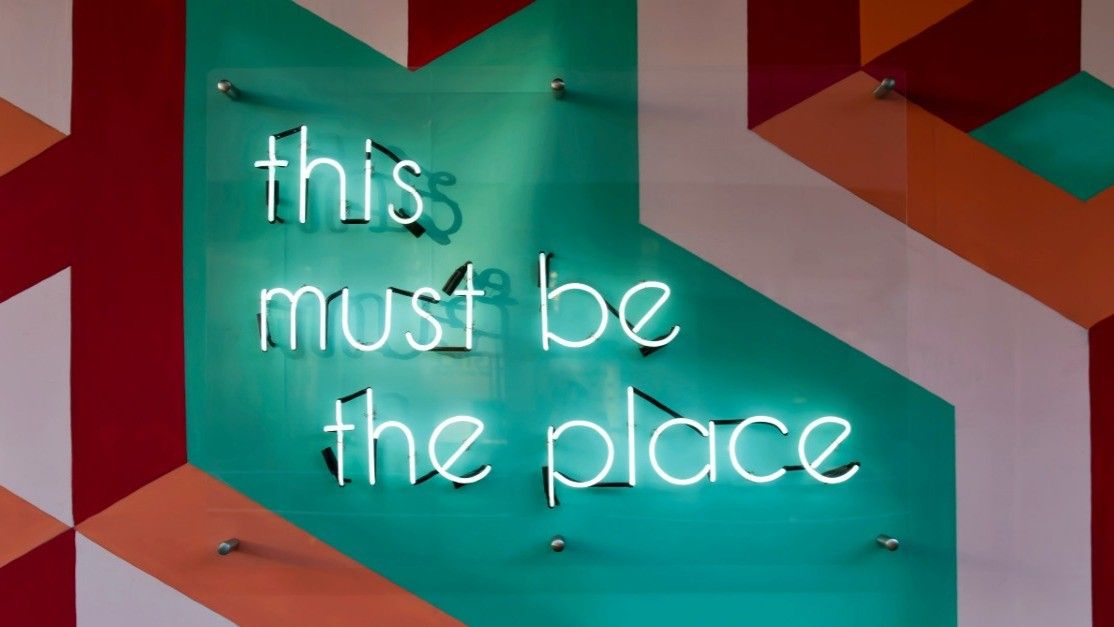UKIE DIVERSITY CENSUS: Flexible working, crunch and long term plans
As well as reporting on diversity within the industry, the recent Ukie Census this time looked at games industry professionals’ attitudes to work. And when it comes to how they want to work, the report underlines the findings of our own survey late last year – in a nutshell, that most are unlikely to return to the office or studio full-time.
Indeed, the Ukie census of over 3,600 individuals reveals that just 10 per cent are looking to work full-time in the office/studio. This compares to 66 per cent who were doing so pre-pandemic. The Census also highlights that if the industry adopts a more flexible working environment, it will help with diversity efforts:
“… it is highly likely that companies will need to think about inclusivity in a way that accounts for a much more flexible way of working. To some extent, a shift towards a hybrid model could support the creation of a more inclusive sector.
“Adopting a flexible approach to returning to the office may better support people with caring responsibilities, encourage further geographical distribution of staff (including bringing in staff based abroad) and reduce barriers to work for those with physical conditions.”
However, the report also accepts that a shift in working practices will present challenges, in particular in creating a balance between those working in the office and those who work remotely: “The industry has adapted well to the changing nature of work throughout the challenges of the pandemic. It must now consider how to foster an inclusive environment in a world reshaped by the practicalities, and challenges, of working from home.”
Reports of ‘crunch’ continue to blight the games industry internationally, despite the promises of studios large and small to commit to staff wellbeing. The first Ukie Census touched on working hours, but this time it delved deeper.
Individuals were asked how many hours a week they typically worked - – and the results revealed that 74 per cent usually work between 33-40 hours a week, with 17 per cent working 41-50 hours and two per cent still notching up 51-60 hours.
The research team this time asked a second question about the most hours that respondents had worked in a single week. The results revealed that while 80 per cent of respondents reported an average week of 40 hours or less, 67 per cent of people worked over 40 hours in their heaviest week. Some 38 per cent reportedly working 41-50 hours, with 18 per cent having worked at least 51-60 hours. Meanwhile, 11 per cent had at least one week when they worked 60 hours or more, and five per cent had worked beyond 70 hours.
The report points out that more analysis going forward is required: “… further work could be done to establish a baseline understanding of working practices across the creative industries, potentially enabling the sector to understand and define levels and patterns of work that may be unhealthy, damaging, or exclusionary.
“There is a tremendous opportunity to characterise these working practices and understand their effects, allowing the industry to make informed decisions about work in the future within a landscape that is shifting due to new ideas in the wake of the pandemic.”
Happily, most of the games industry professionals who took part in the survey are proud of where they work. And they plan to continue working within the games industry, with some 95 per cent hoping to stay in the industry for at least a year, and 74 per cent for at least three years. The figures for staying with their current employer were lower, however, at 85 per cent and 49 per cent respectively.
At Amiqus, we see first-hand the wishes and goals of candidates within the games industry. Our own research revealed that a more flexible approach to working is now one of the biggest priorities for people when they’re considering a career move; Ukie’s census has underlined that shift in what people want from their working conditions – and their work/life balance.














